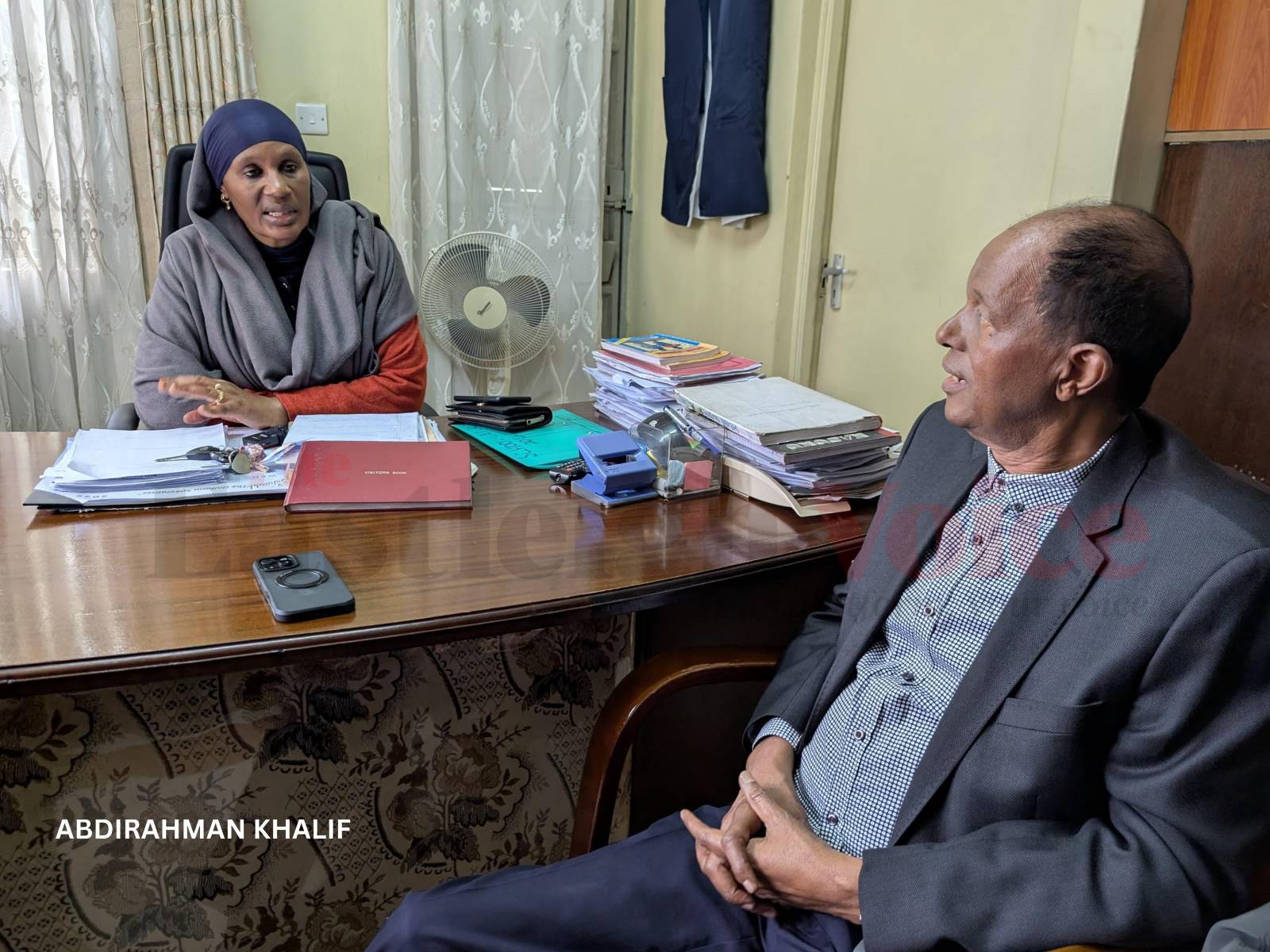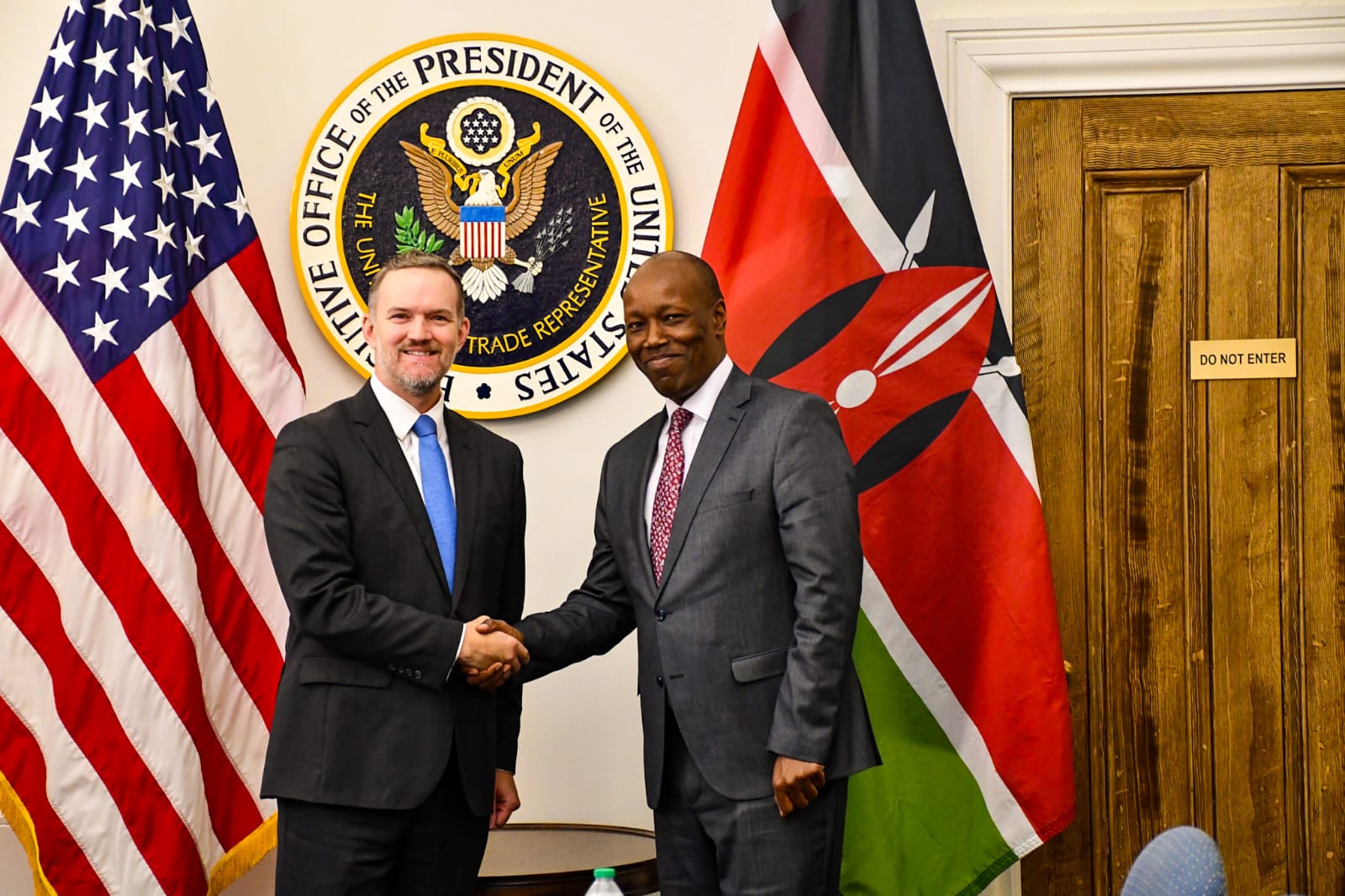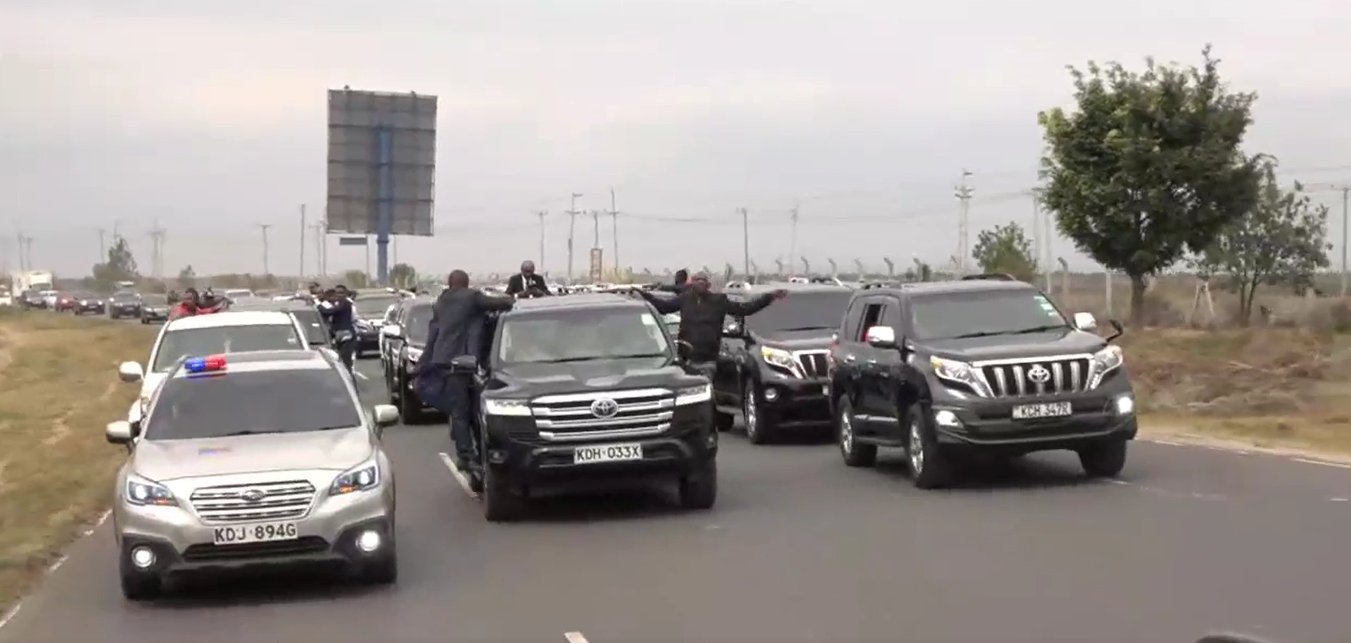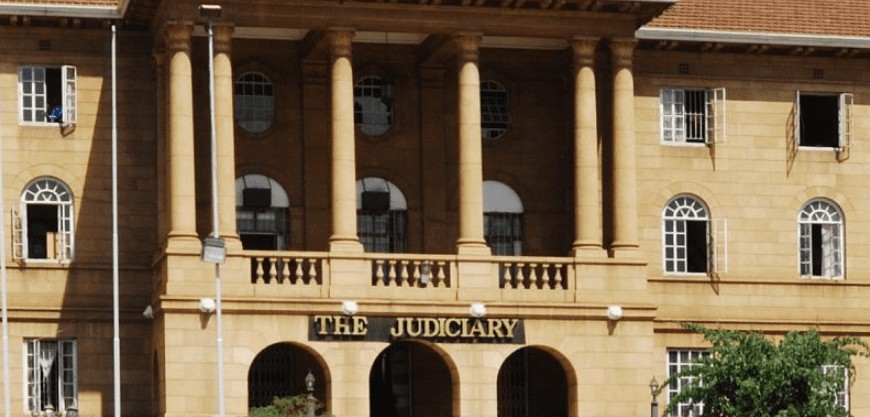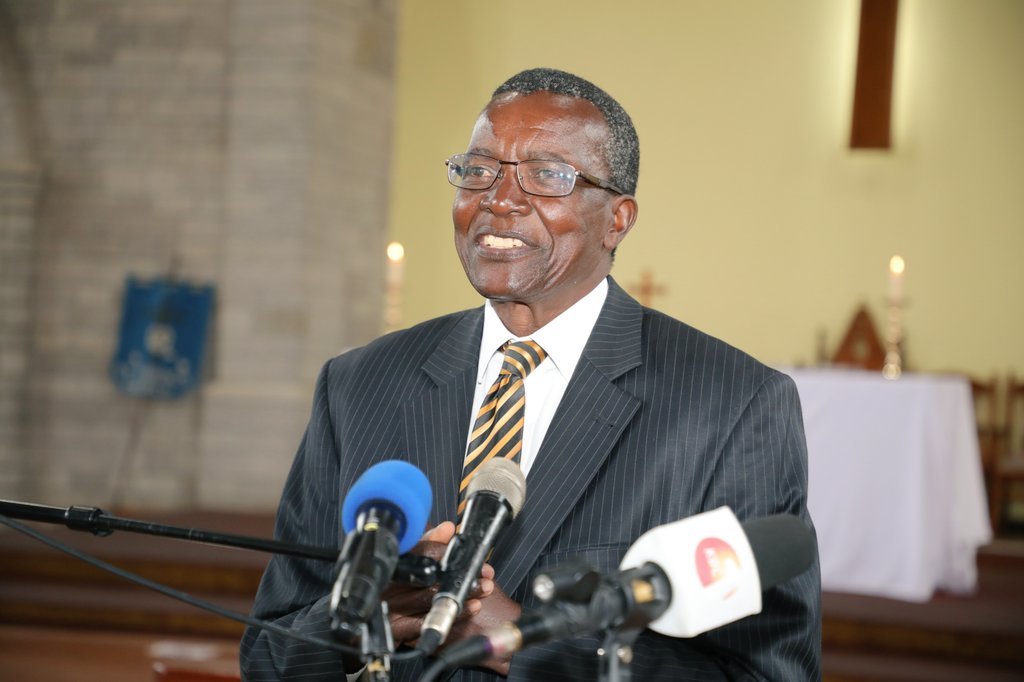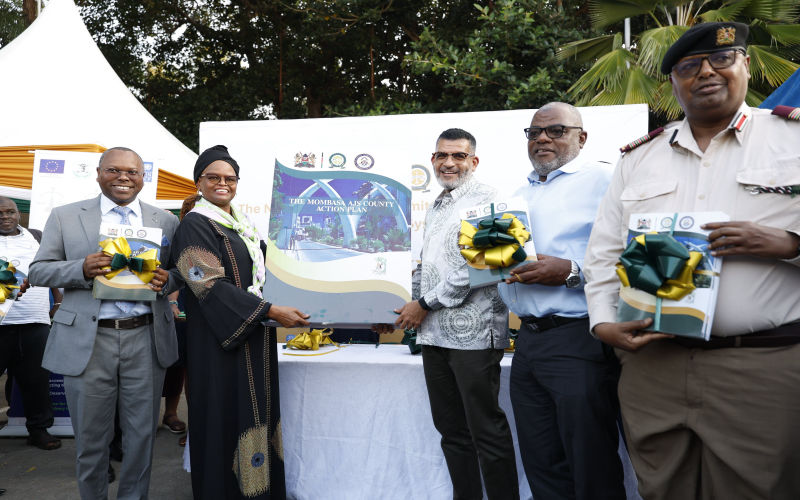Mutunga, Karua sue Tanzania at EAC court over detention, deportation ahead of Tundu Lissu trial
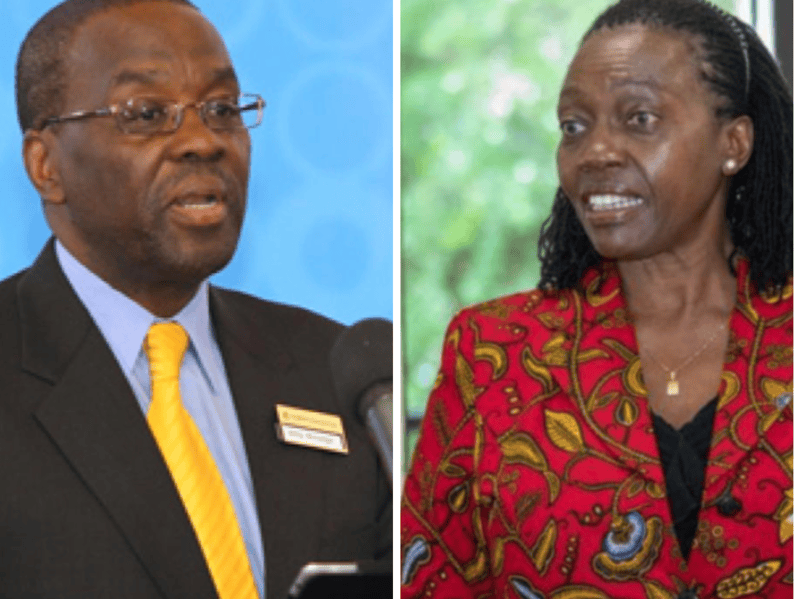
They are seeking a public apology from the Tanzanian government, along with general and special damages for mental distress, reputational harm, and incurred travel costs.
Former Chief Justice Willy Mutunga, lawyer Martha Karua, and four others have filed a case against the Tanzanian government at the East African Court of Justice (EACJ), alleging unlawful detention, refusal of entry, and deportation.
The group, which includes activists and human rights defenders Gloria Kimani, Lynn Ngugi, Hussein Khalid, and Hanifa Adan, claims their rights as East African citizens were violated when they were barred from entering Tanzania to observe the treason trial of opposition leader Tundu Lissu.
More To Read
- 99 new buses cleared as Dar es Salaam's second BRT phase set to be launched
- Zanzibar announces general election schedule; early voting to begin October 28
- Tanzania's Chadema slams closed-door trial as court bars live broadcasts of Tundu Lissu case
- East Africa flagged as hotspot for procurement fraud in AfDB-funded projects
- IGAD urges youth to take lead in regional peace
- Tanzania VP Mpango orders police to intensify online monitoring ahead of October election
They are seeking a public apology from the Tanzanian government, along with general and special damages for mental distress, reputational harm, and incurred travel costs.
In court documents, they state: "On May 18 and 19, 2025, we were detained without explanation at Julius Nyerere International Airport in Dar es Salaam, had our passports confiscated, and were subsequently deported back to Kenya. We had travelled to Tanzania as part of an international observer mission to monitor Lissu’s trial, which was scheduled to begin on May 19."
The petition accuses Tanzania of breaching multiple provisions of the East African Community (EAC) Treaty, including commitments to the rule of law, good governance, transparency, and the free movement of persons across member states.
The claimants further argue that their exclusion undermined civic participation and violated the principle of open justice, as they were denied the opportunity to observe a trial of regional significance.
Filed jointly with public interest litigants, the East Africa Law Society (EALS) and the Pan African Lawyers Union (PALU), the case contends that Tanzania’s actions contravene Articles 6(d), 7(2), 76, 104, and 8(1)(c) of the EAC Treaty and the EAC Common Market Protocol (2009).
The applicants also seek the removal of "refused entry" endorsements from their passports and a court order restraining Tanzania from further obstructing the free movement of East African citizens.
The case is expected to be transferred to the EACJ in Arusha, with a hearing date to be set in the coming weeks.
The outcome could establish a precedent for enforcing regional rights within the East African Community.
Top Stories Today


